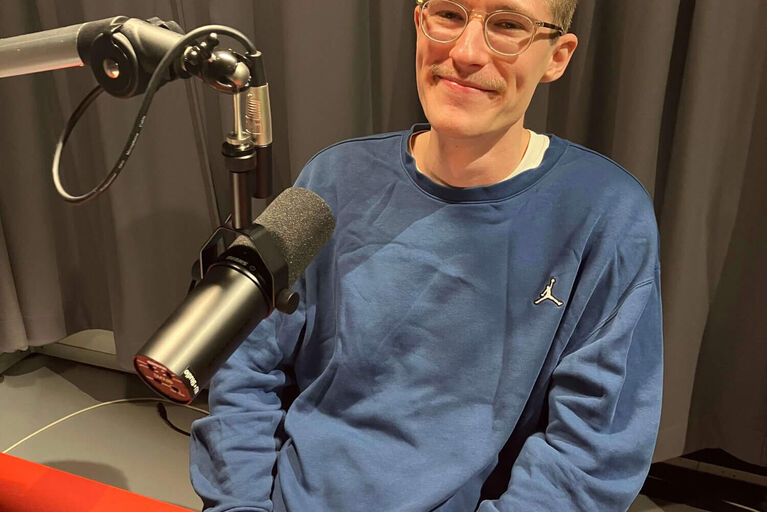How do I become an upper secondary school teacher?
To become an upper secondary school teacher, you must complete both a bachelor's and a master's degree within the subjects taught at upper secondary level. Your studies in one of these subjects provide you with the qualifications to teach it as your main subject.
As part of your bachelor's and master's studies, it is recommended that you complement your main subject with a minor subject. This enables you to teach two subjects.
To obtain teaching qualifications, you must complete a teacher training programme (pædagogikum) after finishing your degrees. The programme can be taken as part of your employment as an upper secondary school teacher.
Learn about pedagogical training
Life as an upper secondary school teacher
Why should you study at UCPH to become an upper secondary school teacher?
If you enjoy teaching and want a varied workday where you engage with young people in a subject you are passionate about, then becoming an upper secondary school teacher is the right choice for you.
In addition to gaining strong academic knowledge, you will also develop didactic and pedagogical skills, enabling you to create engaging and effective teaching.
Watch the video (Danish only) to meet Lubna, Nicole, and Jacob and hear them sharing their thoughts on what they love most about their job, teaching mathematics at secondary schools.
Listen to the podcast: Meet a student training to become an upper secondary school teacher
Tune in to KU Studieliv, the podcast by and for UCPH students, available wherever you listen to podcasts. Find links below.
In this episode, you’ll meet Lasse, who is in the fifth semester of his studies to become an upper secondary school teacher. Listen in to hear why he chose to study at UCPH and how his path towards becoming a teacher has unfolded.

I hope I can be the kind of teacher who engages and inspires my students. That they say: "Lasse, that guy, he's a great teacher. We look forward to his lessons
How to gain teaching qualifications for upper secondary school
UCPH offers many programmes that provide teaching qualifications for upper secondary schools. To obtain teaching qualifications in a subject, you must complete both a bachelor's and a master's degree in the same subject within the upper secondary school curriculum. This will be your main subject.
Below is an overview of all bachelor's programmes within the upper secondary subject areas.
Please note that you are not obliged to pursue a career as an upper secondary school teacher if you study one of these programmes.
Upper secondary school teacher salary
How much does an upper secondary school teacher earn?
As a newly qualified teacher, you will earn a minimum salary of DKK 39.218 (as of 1 April 2025)
Additional allowances may be negotiated locally at individual schools.
Choose a minor subject
Choose your minor subject at UCPH
UCPH offers around 30 minor subjects across three academic areas.
When you take a minor subject as part of your bachelor's and master's studies, you gain additional expertise.
To obtain teaching qualifications in your minor subject, you must study it at both bachelor's and master's level. Therefore, it is a good idea to choose a minor subject early in your studies if you plan to become an upper secondary school teacher.
Please note that UCPH distinguishes between a minor subject and an elective. A minor subject is designed for future upper secondary school teachers and provides teaching qualifications for that level.
Minor subject and ECTS
A minor subject typically accounts for a total of 90 ECTS credits if taken within the same faculty as your core subject. If you choose a minor subject at a different faculty, it is extended by 30 ECTS, making a total of 120 ECTS.
Please note: A few programmes deviate from this structure. Please see the individual programme pages for more information.
QA about minor subjects
You can continue with the minor subject you have already completed at bachelor's level. You cannot take a master’s minor subject without having passed the corresponding bachelor’s minor.
See more about entry requirements for specific minor subjects.
The minor subject typically accounts for 45 ECTS at bachelor's level and 45 ECTS at master's level if both your minor and core subject are taken within the same faculty.
If you choose a minor subject outside your main subject’s faculty (for example, studying Danish at the Faculty of Humanities and taking a minor in social sciences at the Faculty of Social Sciences), your master’s programme is extended by 30 ECTS. Student grants (SU) are provided for the extended period.
Note: There are exceptions. For some minor subjects, the bachelor’s component may exceed 45 ECTS. See the individual minor subject pages for details.
If you did not apply for the minor subject when you applied for your master’s programme, you must request a change of enrolment.
You can only change your enrolment if the courses you are registered for or have completed are part of the upper secondary school–oriented profile of your master’s programme.
If you are a UCPH student, you can read more about registration and deadlines on your study information page on KUnet.
If you are a student at another university, contact the Student Guidance Service for help with enrolment.
If you are already a qualified upper secondary school teacher and wish to take an additional single subject, read more about continuing education.
See all subjects
You can take a minor subject within three different academic areas: Humanities, Natural and Life Sciences, and Social Sciences.
Please note that your programme may be extended if your chosen combination of subjects spans across different areas.
Minor subjects in humanities
Humanities subjects are offered at the Faculty of Humanities. See all Humanities minor subjects (in Danish only):
Minor subjects within science
Minor subjects within science are offered at the Faculty of Science. See all minor subjects within science (in Danish only):
Minor subjects within social sciences
Minor subjects within social sciences are offered at the Faculty of Social Sciences. See all minor subjects within social sciences (in Danish only):
Continuing education for upper secondary school teachers
Are you already qualified but want to become an upper secondary school teacher? Perhaps you need additional courses or a specific subject qualification to start teaching?
Then you can learn more about continuing education on minor subjects, qualification upgrades, and tailor-made courses.

